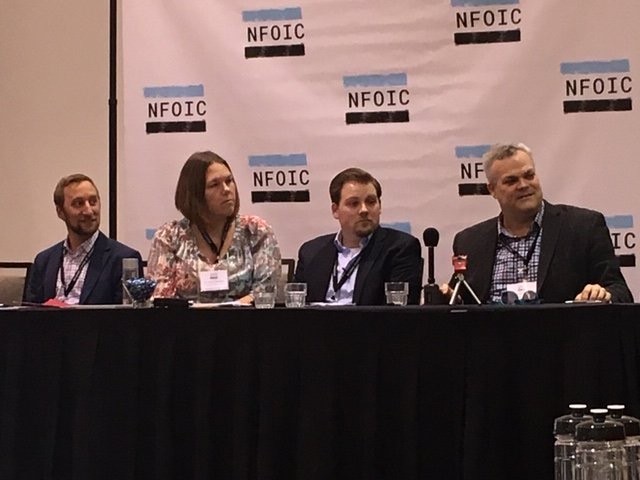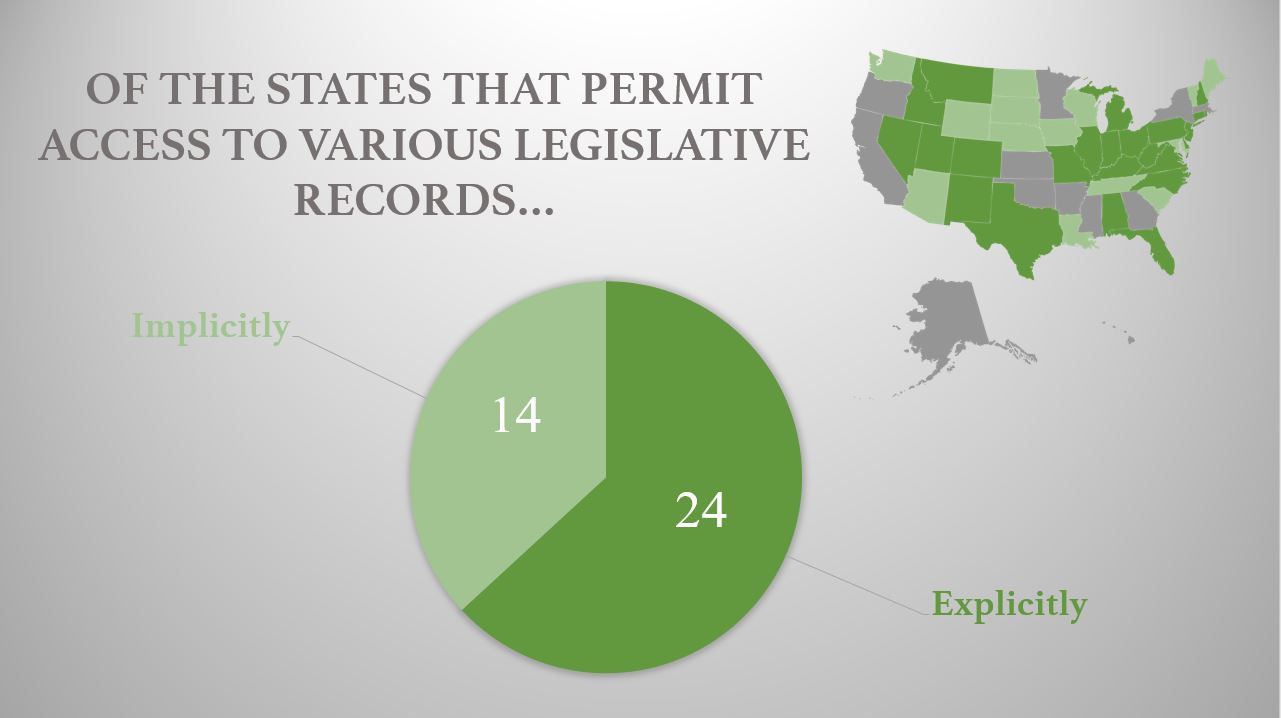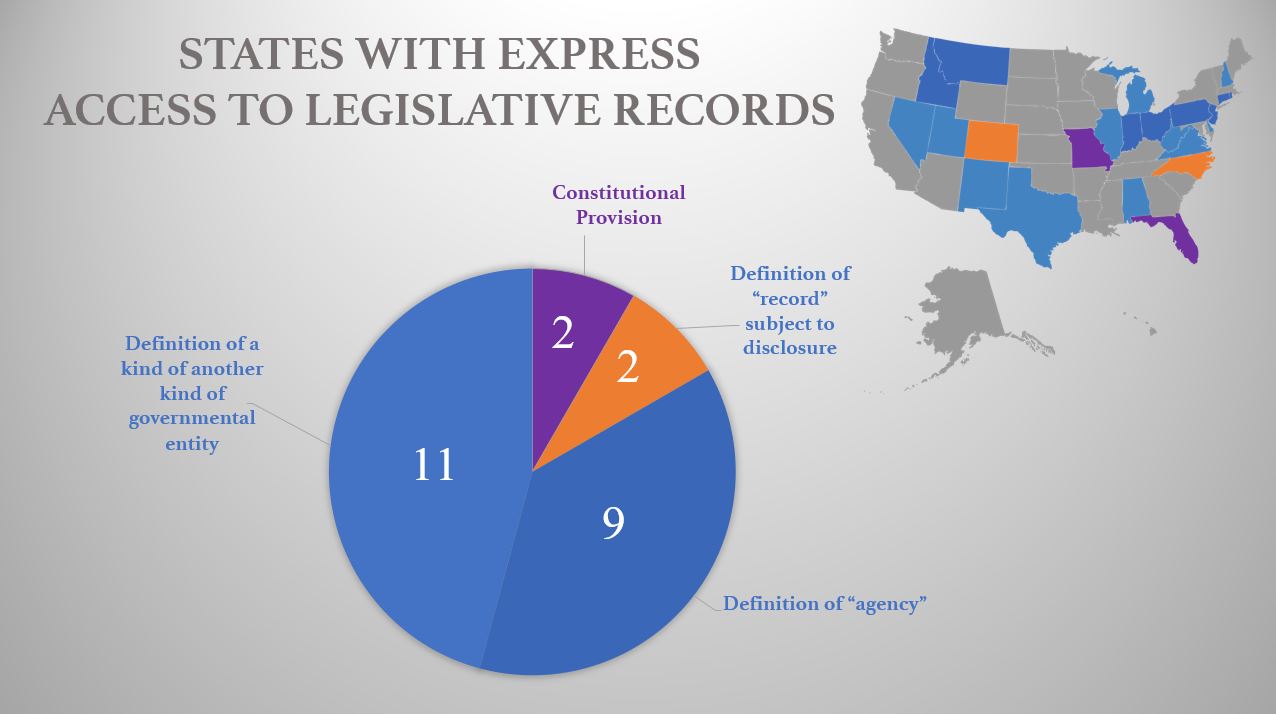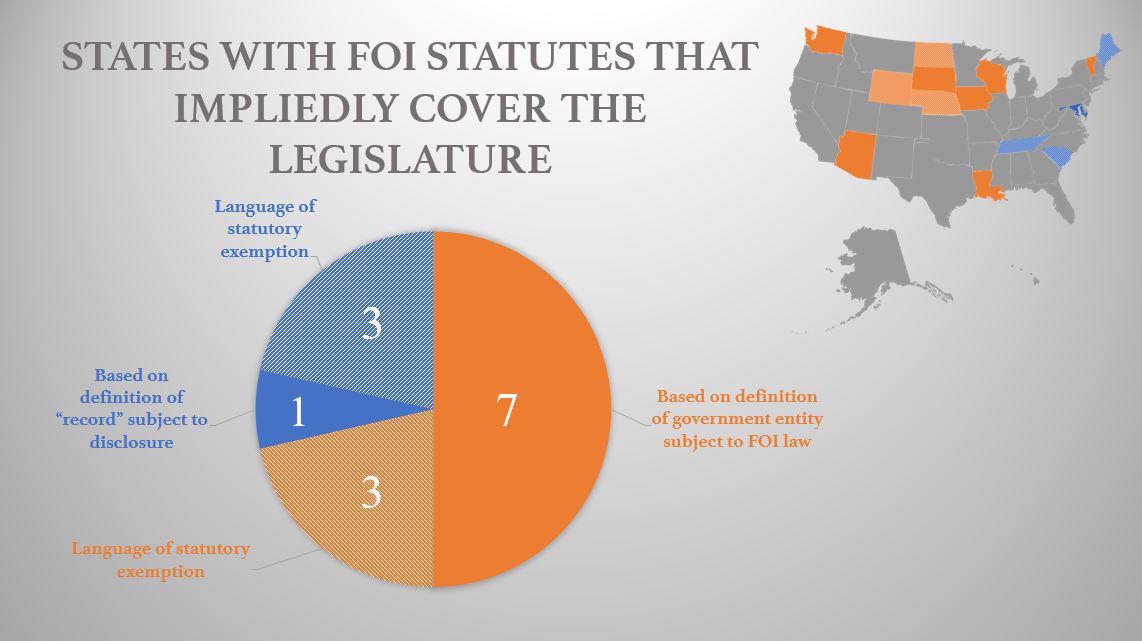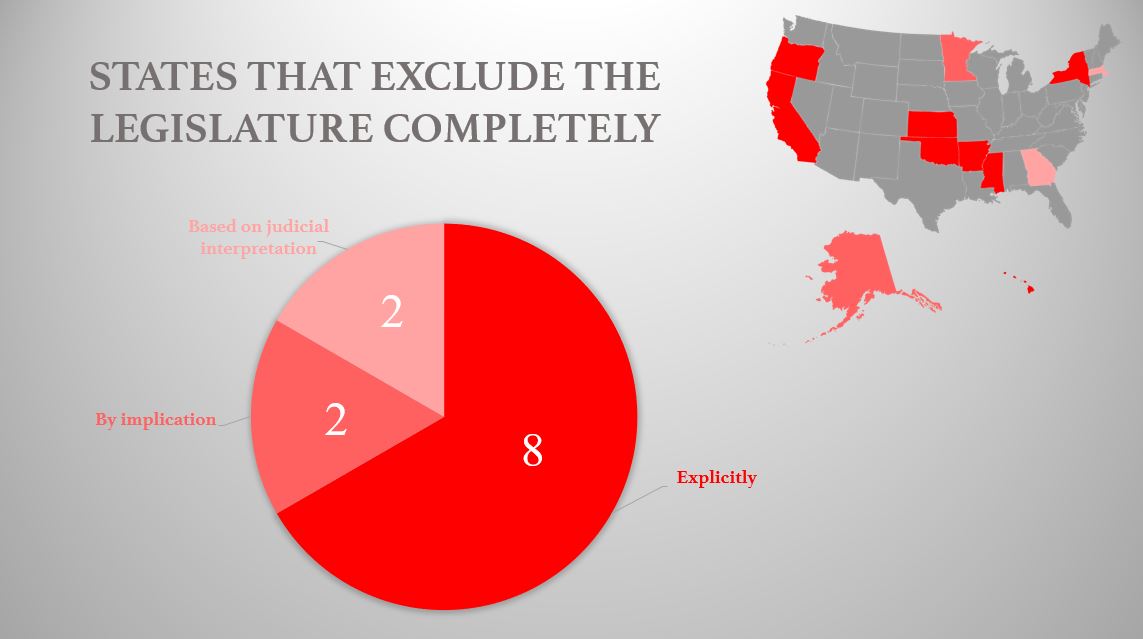New Report: Federal Agencies Violating Federal Law,
Not Preserving Instant Messaging Records
Arlington, VA (March 16, 2020)—Cause of Action Institute (“CoA Institute”) and Americans for Prosperity Foundation (“AFPF”) today released an investigative report, Gone in an Instant: How Instant Messaging Threatens the Freedom of Information Act. The report reveals how numerous federal agencies are violating federal records law and guidance from the National Archives by not preserving instant messaging (“IM”) records. Like email in the 1990s, IM’s increasing integration into the workplace is changing the way people do business. In 2014, Congress amended the Federal Records Act to specifically require that electronic messages be retained. Agencies’ failure to preserve records created on IM platforms (Slack, Teams, Hangouts, etc.), which are prevalent in the workplace, threatens to undermine the Freedom of Information Act (“FOIA”) and put much of the federal government in the dark.
